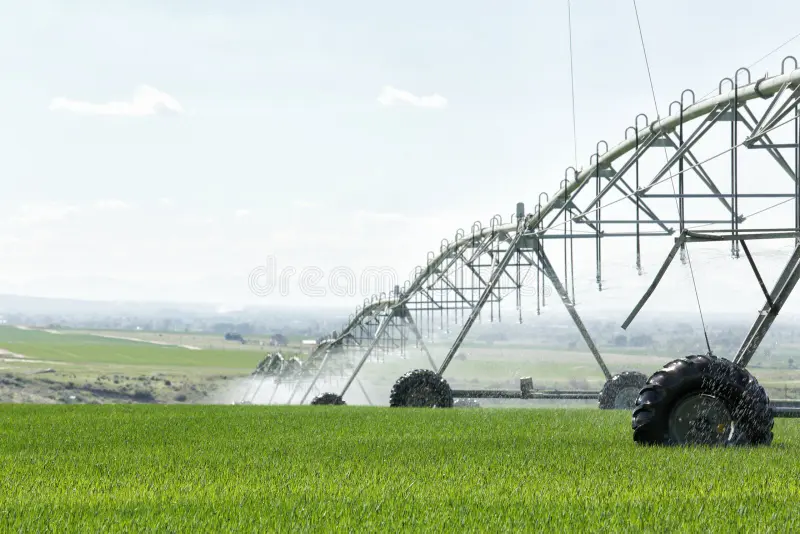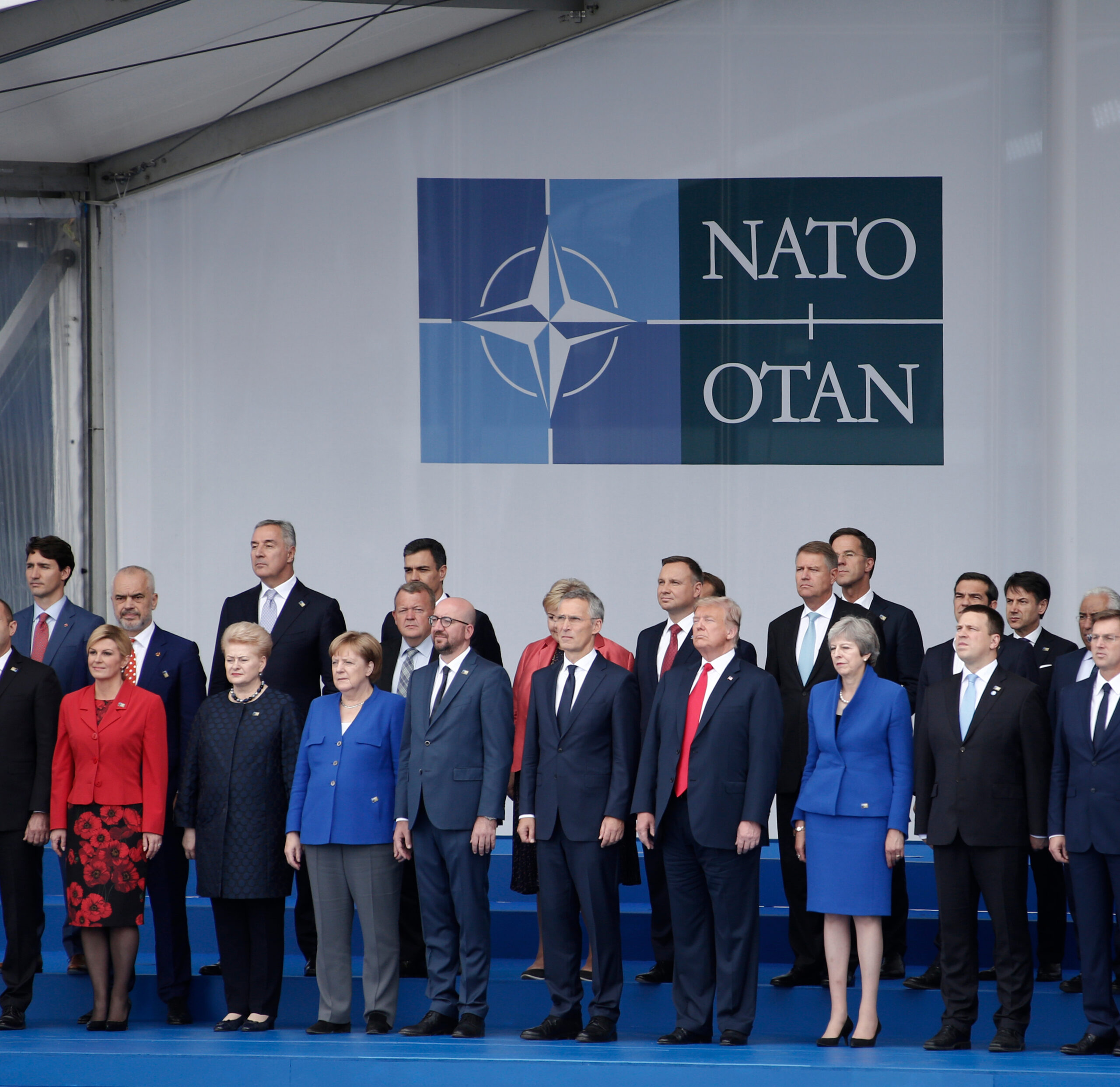The Government of Rwanda has launched a new initiative called Food Basket Sites (FoBaSi), aimed at consolidating small plots of farmland and establishing robust systems to enhance agricultural output. Scheduled to begin in September 2025, the program will run for four years and is expected to increase agricultural production by 50% by the 2028/2029 farming season.
FoBaSi will focus on small areas of around five hectares, managed by farmer groups in collaboration with the government and private sector. The sites will be equipped with agricultural infrastructure such as irrigation systems, storage and cooling facilities, and timely provision of fertilizers and other farm inputs.
According to the State Minister in the Ministry of Agriculture and Animal Resources, Telesphore Ndabamenye, although Rwanda has implemented land consolidation for some time, yields have not yet reached the desired levels.
“The goal is to help farmers increase yield per hectare, connect them to markets, and provide comprehensive services to enable agriculture to reach higher performance levels,” he said.
During the 2026A farming season, the government plans to use more than 63,000 tonnes of fertilizers, with nearly half already in storage and the remainder ordered. Improved seeds have also been prepared in quantities exceeding demand, including varieties of soybeans, maize, wheat, and others.
So far, more than two million farmers have registered under the Smart Nkunganire program, with the target being full registration by the end of this month.
These measures aim to meet the targets of the NST2 strategy, which include increasing maize yields to 2.7 tonnes per hectare (a 35% rise from current levels), potato yields from 8.5 tonnes to 14.7 tonnes (a 79% increase), and rice yields from 4.1 tonnes to 5.4 tonnes (a 35% rise). Soybean production is also expected to grow from 600 kilograms to 1.4 tonnes per hectare.
This new approach to land consolidation and farmer capacity-building is projected to transform Rwanda’s agriculture—shifting it from subsistence production to a competitive sector that creates market opportunities and boosts livelihoods.





